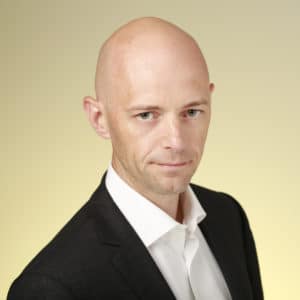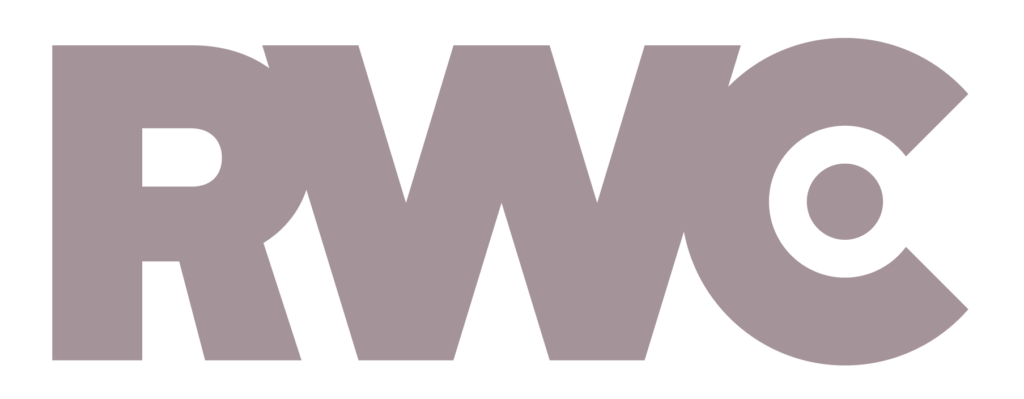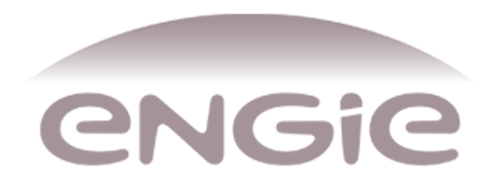Energy & Utilities
Le secteur de l’énergie vit une mutation sans précèdent avec la mobilisation d’une grande majorité de la communauté internationale contre le réchauffement climatique, l’évolution profonde des comportements des consommateurs et les progrès technologiques qui autorisent un ralentissement progressif de la consommation d’énergie dans le monde, substituant les énergies renouvelables aux énergies fossiles.
Les défis du secteur Energy & Utilities
Dans le domaine des services (utilities), l’urbanisation, la croissance démographique et le changement climatique nécessitent de lourds investissements de la part du secteur privé pour moderniser des infrastructures vieillissantes tout en garantissant un service de qualité.
Évoluant dans un secteur hautement capitalistique, mouvant et mondialisé, les grands acteurs internationaux de l’énergie doivent préparer leur mutation industrielle (innovation, nouveaux business model, diversification) tout en renforçant l’efficacité de leurs opérations, et ce, alors même que l’accès aux ressources est de plus en plus difficile. Dans ce contexte, le soutien d’un cabinet de conseil en énergie et services peut s’avérer un atout de choix.
Dans les secteurs B to C, la maîtrise des investissements et l’excellence opérationnelle sont clés. Par ailleurs, la révolution digitale est un enjeu majeur pour tirer parti des opportunités offertes par l’évolution des business models et pour améliorer la productivité des opérations.
Ce que notre cabinet de conseil peut faire pour vous permettre relever les défis liés au secteur de l’énergie et des services
Expert en conseil en energy & utilities, Argon & Co accompagne les clients du secteur de l’énergie et des services dans l’amélioration de leur performance opérationnelle sur les dimensions suivantes :
Réduction des coûts
- Optimisation des coûts d’achat directs et indirects
- Variabilisation des coûts
- Design to cost sur les investissements industriels
- Optimisation des shared services sur les fonctions support
Amélioration de la disponibilité des installations et des équipements
- Asset management
- Optimisation des processus de maintenance
- Optimisation des stocks de pièces de maintenance détachées pour garantir la disponibilité
- Optimisation des parcs d’équipements mobiles
Optimisation du cash
- Planification tactique et S&OP
- Mise en place de politiques de stocks adaptées aux spécificités du secteur
Optimisation des processus clients
- Pricing
- Cycle de vie des contrats
- Facturation
- Amélioration des flux de trésorerie
- Relation et service clients
- Développement multicanal et digital
Efficacité opérationnelle
- Prévisions
- Pilotage adéquation charges/capacités des ressources
- Optimisation des organisations (rôles et responsabilités, effectifs)
- Pilotage de la performance
- Optimisation des équipes mobiles (field services)
- Shared services
Conduite du changement et de la transformation
Nos spécialistes du conseil en énergie interviennent à la fois sur les parties amont (accès aux ressources, exploration–production) et aval (transformation, distribution, commercialisation, services) de cette chaîne de valeur.
Notre démarche
Notre cabinet de conseil enstratégie des opérations associe expertise technique, expérience opérationnelle et connaissances métier pour accompagner ses clients à résoudre les problèmes spécifiques au secteur de Energy & Utilities et à obtenir des résultats durables. Notre démarche garantit l’adhésion à tous les niveaux de l’entreprise pour nos clients ainsi qu’un résultat pérenne. Nous avons déjà travaillé avec un large éventail d’acteurs du secteur Energy & Utilities comme Reliance Worldwide Corporation, Gaz Réseau Distribution France (GRDF), ENGIE, Drax, SUEZ, EDF, Schlumberger, GRT gaz et Veolia. Cliquer ici pour en savoir plus.


